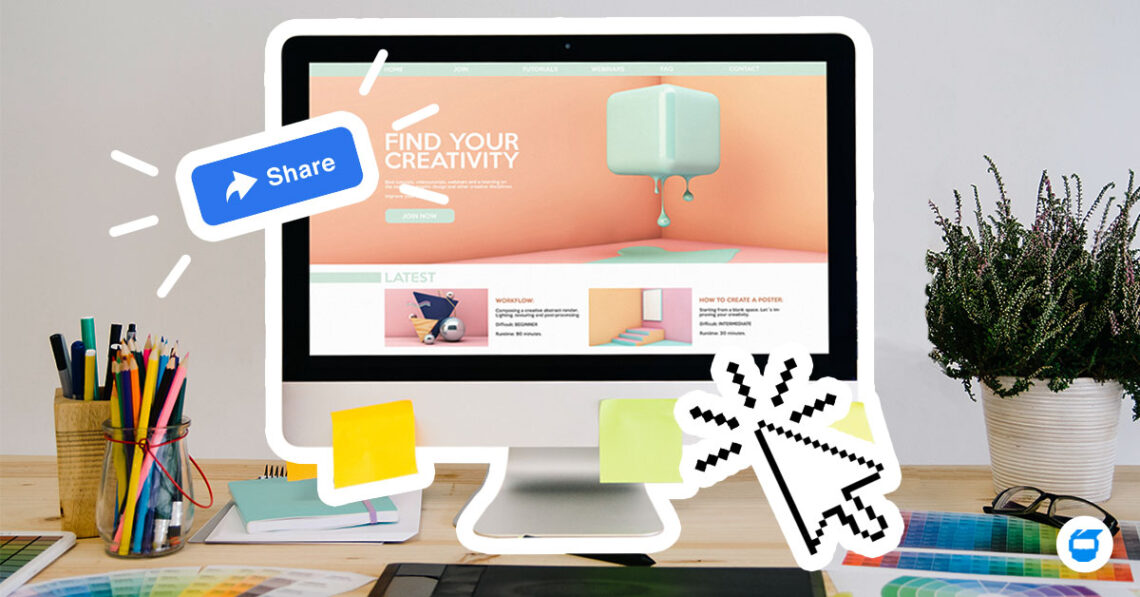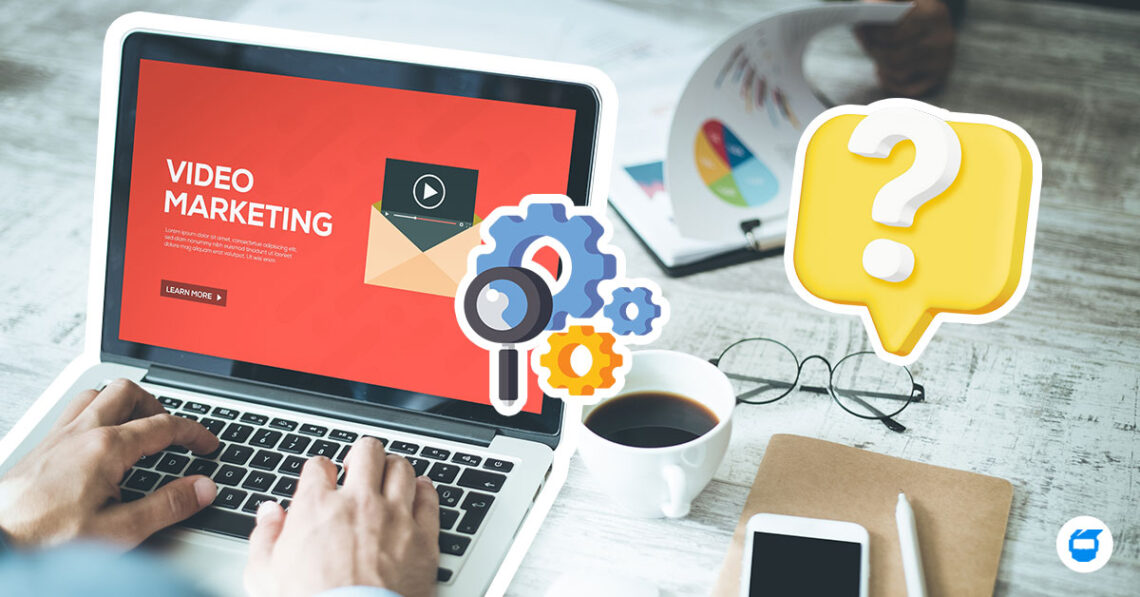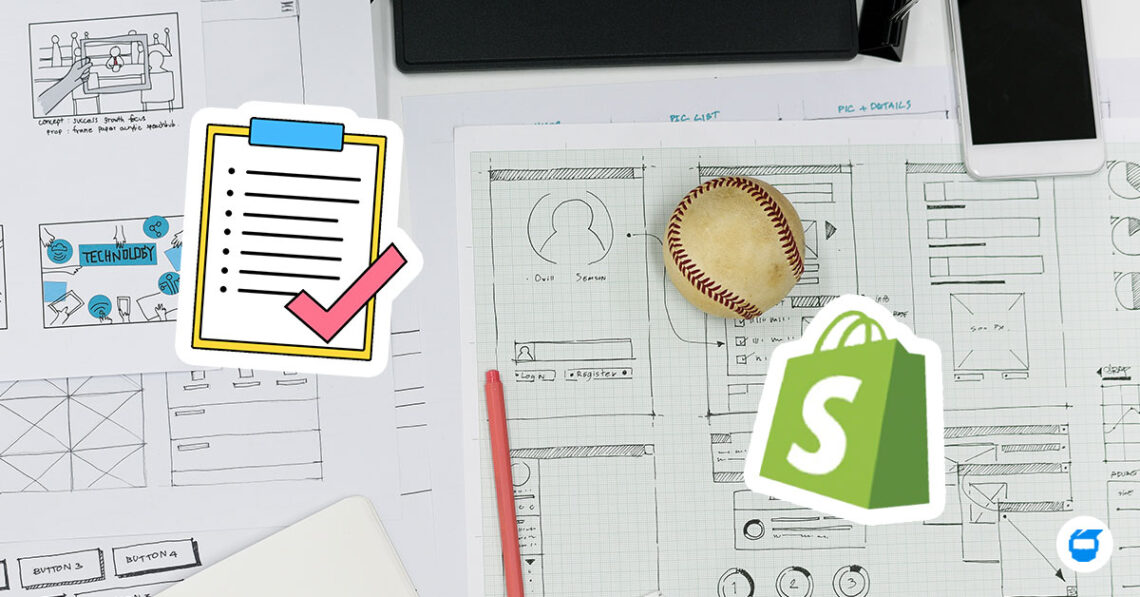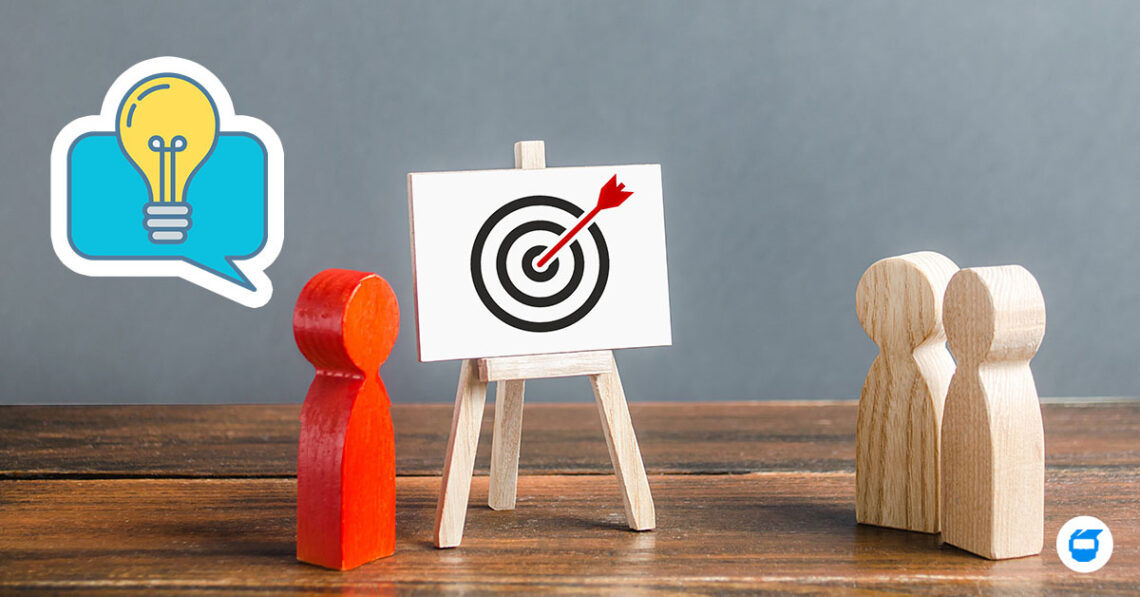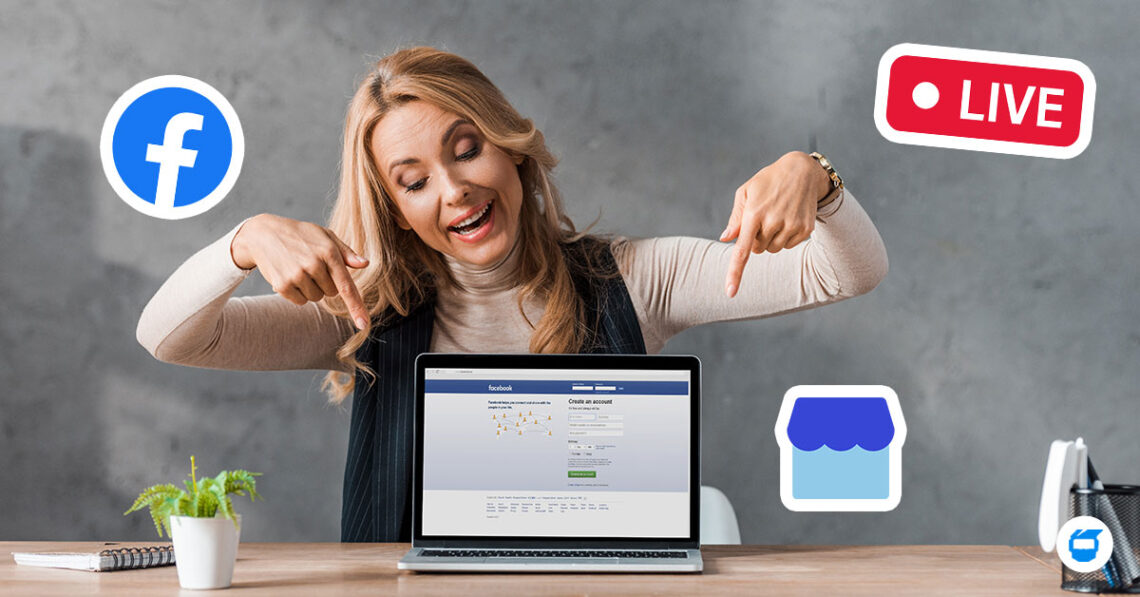Social media at present is not only used for communication, connecting with people from different places, or simply browsing for leisure, but it is also being used by different businesses to connect with their target audience. Social media platforms such as Facebook, Instagram, Twitter, and more have paved the way for small to large businesses to market their brand to a wider scale audience online through features specifically designed to make social media marketing easier.

DataReportal’s Global Overview Report shows that as of January 2021, there are already 4.2 billion active social media users all over the world. Compared to the previous year, which has 3.71 billion active social media users, there was an evident increase of 13.2% in the present year. In the Philippines alone, 89 million people, which is 80.7% of the country’s population, are actively using social media in 2021, with a 21.9% increase from the previous year. This simply means that with social media’s growing audience combined with effective marketing strategies, businesses are given the opportunity to generate qualified leads both locally and globally.
Before we proceed to the main topic, let’s first have a look at:
Why social media is important for small businesses
With interactions and even transactions being done online, mostly on social media platforms, there is no question as to how social media shaped today’s way of doing business. Given the fast-paced nature of the online world, competing for your target audience’s attention will be difficult without the right marketing tools, especially for start-ups or small businesses. Social media is important for small businesses because it serves as a tool to increase your online presence, brand awareness, and relevance in the market. It also serves as a channel for small businesses to reach their target audience and peak their interests through a more friendly, interactive approach.
The pandemic drove people to be more resourceful, hence the rise of more small businesses in the Philippines from different industries in 2020 until the present. Many small business owners have resorted to using different social media platforms to engage a larger audience and market their products and services since then.
Now, here are the 10 easy tips on how to use social media for your small business:
1. Kick It Off with an Effective Social Media Marketing Strategy
What makes social media good for small businesses is its user-friendly features and of course because it’s free. You don’t need to pay for a premium account and it will not cost you anything to create a Facebook Page for your business, let alone, an Instagram, Twitter, or even TikTok account. (Yes, small businesses market their brand on TikTok these days.)
However, given the free and easy-to-navigate features that social media has, it also needs to be accompanied by an effective social media marketing strategy. A well-thought-out plan always does the job of helping you fully utilize all the tools you have to market your business that will result in a good return on investment. Growing your small business in this busy online world will be difficult if you don’t have a clear goal or vision of how you want your business to stand out. It is like going to a battlefield without having the right weapons with you. That’s why it is ideal to think everything through before making a move as it enables you to verify if all your marketing efforts match your business goals.
2. Choose a Social Media Platform for Your Business
Every social media platform has different audiences, some of your target audience may be on this specific platform and some may not. So you have to consider choosing the right platform that will fit your business and help you reach and engage more customers. The social media demographics plays an important role in helping you determine which platform is best suited for your business. Here are some social media platforms you can choose from and their demographics:
If you want to target young professionals, Facebook may be a good platform for you because out of the 2.7 billion active users worldwide, 26.3% of users are people from ages 25 to 34 years old, which is the largest age group in this platform. On top of that, Facebook also has the largest audience out of all social media platforms out there, so even if you are targeting customers from other age groups, you will still be able to reach and engage them.
Instagram is another platform that you can choose to market your small business as it allows you to post content focusing mostly on the visuals, which is perfect for catching the attention of potential customers. Cross-promotional opportunities for your brand are also an edge in this platform, as Instagram and Facebook have similar ad platforms. So the content you post on Instagram may also be shared on Facebook for a wider audience reach. You can consider Instagram if you are targeting the same age group (24 to 35 years old) because it is also the largest age group in the platform, which is 33.1% of its 1 billion active users.
Twitter makes a fine platform if you plan to target customers from older age groups. Its largest age group are people from ages 30 to 49 years old, which is 44% of its 187 million active users. Although promoting your small business on this platform may be a bit tricky as it is mostly centered around discussing daily events and social issues that are meant to create discussions. So you have to think carefully if Twitter is the right platform for your business.
TikTok
TikTok may be the platform for you if you want to engage younger age groups in your small business as its largest age group are people from ages 18 to 24 years old. Having 100+ million active users, with 59% being females and 41% being males, you can also potentially reach audiences even from other age groups. With each active user spending 45+ minutes on the platform per day, you can make use of ad targeting to reach the right audience for your business. TikTok is also said to launch more ad features this 2021 that can be beneficial for small businesses that want to generate leads using this platform.
3. Get to Know Your Target Market
Getting to know your target audience is important because it will help you further establish how you are going to market your small business in such a way that will pique their interest. It is in the process of understanding your target audience that you get to come up with products that they need as well as services that can match their expectation. You can make use of social media analytics as a tool to find out if your marketing strategies and efforts are actually working or not. This will help you understand both current and potential customers, and learn more about your small business’ engagements and necessary social media metrics, such as post reach, audience growth rate, conversion rate, brand awareness, etc.
4. Learn What to Post
Once you get to know your target audience, it will be easier to determine what they are likely to look for when it comes to the content you post. It will be ideal to post content that your target audience can relate to as this will drive more engagements, make a good impression, and increase social shares. Be creative on how you present your content and see to it that they are all led to inform and engage your audience further to your brand.
5. Learn How Often You Should Post
Being consistent in posting on your social media is a good thing because it helps maintain your social media presence, but flooding your followers’ feeds with too many posts in a day shouldn’t be done either. Learn how often you should post and avoid overdoing it because this can feel too “spammy” for your audience. Instead of looking forward to your posts, they will resort to ignoring them, which can result in losing followers along the way. Limit your posts, but don’t reduce it too much to the point where you will lose engagements with your audience either. Keep in mind that it is never about the number of posts you have in a day, rather it is about the quality of your posts and the leads that it produces.
6. Build Strong Relationships with Your Audience
Since social media was initially built to connect people, small businesses can make use of this feature to properly communicate with and relate to their customers and followers online. Frequent engagements such as responding to inquiries, comments, and addressing feedback with your followers and customers will enable them to get to know your brand better and eventually build trust, leading to stronger relationships in the future. This will also tell them that you are eager to maintain good relationships and provide quality products and services.
Here are other ways you can build strong relationships with your customers:
- Mention Your Customers/Followers in Your Posts or Stories
When a customer/follower tags your small business in a post or in their Story, see to it that you reshare it. Doing this enables you to establish good relationships with them as they will feel your strong appreciation for their support for your small business.
- Make Use of Interactive Tools and Features
Make use of interactive tools and features that will initiate engagement with your customers. Instagram Stories offer creative features such as polls, interactive stickers, etc. You can even post a question asking about what your customers would prefer in a new product you will launch, which will result in a conversation. Facebook Stories and Twitter also have interactive features that can help you reach out to your customers.
- Make a Facebook Group for Your Business
Aside from the Facebook Page, your small business has, you can start a Facebook Group that will call for more customers or fans of the products and services your business offers. Creating a group provides your customers or fans a place to bond and interact with you through different discussions, shared memes, exclusive information on a product, etc. Facebook Groups enable you to increase your organic reach and build strong relationships with your customers.
- Reach Out to Other Small Businesses and Influencers
Partner with small businesses and online influencers who have already established their customer or fan base as they can help your small business widen its audience reach and brand awareness.
7. Be Updated With Trends
Trends come and go, most especially in this digital age. For a small business, it is good to be updated with trends as this enables you to know what your customers may be interested in, giving you more ideas on how to approach them and promote your business. This also helps you determine what kind of content you will be creating to catch the attention of your customers and initiate engagements with your business.
8. Know the Right Hashtags to Use
Hashtags make it easy for potential or target customers to search for specific content, which can lead them to your business. Knowing the right hashtags to use in your social media posts helps increase your brand awareness and visibility. To enable you to catch the attention of the right customers, you should use trending hashtags. Creating a brand-specific hashtag will also help you stand out from other businesses. Avoid overusing hashtags and keep them simple. Go for hashtags that are relevant and will enable your small business to generate leads and increase sales.
Click here to know more about the use and importance of hashtags in social media marketing.
9. Create Interesting Posts and Contents
One of the ways to drive more customers to your business is to create interesting social media posts and visual content. This will cause them to grow their interest not only in your posts but also in the products and services you offer. You need to make sure that all the content stays engaging and up-to-trends so that your target audience and even people who haven’t engaged with your business before will be drawn to your brand.
10. Consider Paid Advertising
If you haven’t tried paid advertising for your small business on social media, you may want to consider making use of it. Contrary to what you might think, paid advertising on social media is a cost-effective way to help your small business target the right customers and increase its engagement. In fact, it fits your budget because you will be the one to set the price and you can also specify what age groups you want your ads to reach. But take note that the higher the budget you set, the wider the audience reach will be.
If you’re looking for someone to help you with the social media marketing of your business, contact us today, and we’ll be glad to help you!


